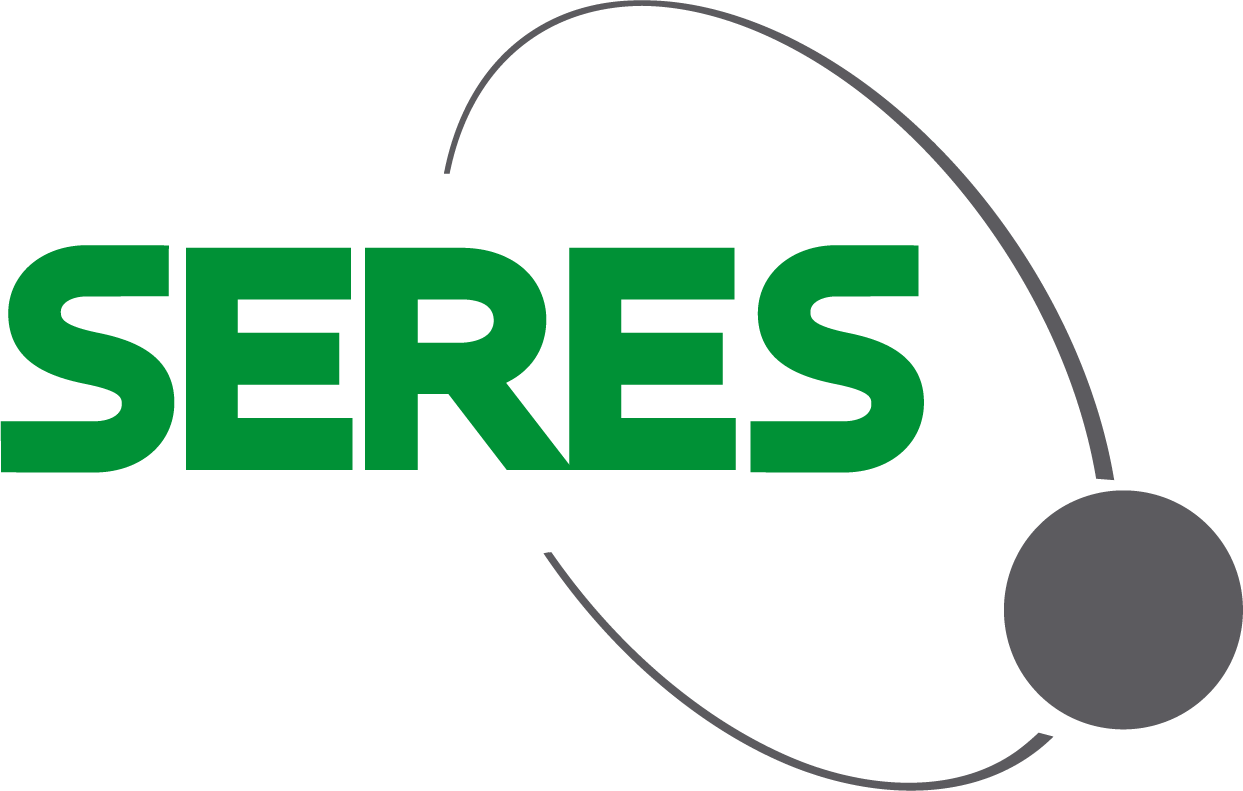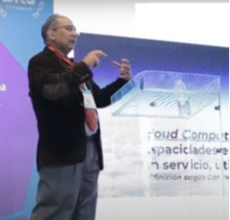
Data Center Infrastructure for
AI Systems
Understanding how to support AI Hardware in Data Center Facilities
February 24-25, 2026 (US/Canada)
Early Bird Registration: $1800 (Limited Time)
General Registration: $2100
Live-Online Training
MST Time (GMT -6)
Full Agenda
Course Overview:
This course provides a comprehensive understanding about key elements to consider when designing, managing, and optimizing data center infrastructure specifically to support Artificial Intelligence (AI) workloads. Participants will explore the unique requirements, challenges, and best practices for AI-centric data centers, focusing on power, cooling, sustainability and safety considerations essential for high-performance AI applications.
Key Learning Objectives:
Understand the fundamental differences in data center infrastructure needs for AI systems versus traditional IT workloads.
Typical power and cooling solutions to support high-density AI hardware such as GPUs and TPUs.
Global Impact of Data Centers, and Clean Power Generation sources that support a sustainable and low emission footprint for AI Data Centers.
Best practices for Operations and Maintenance tailored for AI data centers.
Manage scalability and redundancy to ensure high availability and fault tolerance in AI environments.
Evaluate emerging technologies and sustainability considerations impacting AI data center design.
Course Format:
Instructor-led sessions with Data Center expert industry professional
Activities based on Scenarios
Case studies
Open Book Exam (75% passing score)
Certification:
Upon successful completion (training + exam), participants will receive a Certificate of Successful Completion, validating their knowledge in Data Center Infrastructure for AI Systems.
NOTE: There is a waiting period of 30 days to retake the exam, without additional cost. A “Certificate of Attendance” is issued to those not passing the exam.
What is Included with the training:
Complete Course Deck (PDF Format)
Certificate of Successful Completion (75% Pass Mark) or Certificate of Attendance (PDF Format)
Digital Credential (Successful Completion)
Who Should Enroll:
Data center professionals aiming to specialize in AI system infrastructure
IT managers and project leaders overseeing AI data center deployments
Engineers and architects designing and optimizing data centers for AI workloads
Data Center Consultants
Image Credit: Oak Ridge National Laboratory
February 26-27, 2025 (EMEA)
Europe/ME (GMT +3)
Course Instructor
Mr. Jorge A. Gil, DCEP, ATS
Mr. Gil is the Principal of SERES, LLC a Mission Critical Consulting firm founded in 2009, focused in Data Center training, Reliability, Sustainability and Research. Previously, Mr. Gil worked for 20 years in a multinational holding leading the Design and Operations of High-Performance Computing, Telecommunications and Disaster Recovery solutions.
Mr. Gil is Full Program Instructor of the DOE DCEP program (Modules: Generalist, IT Specialist, HVAC Specialist, Electrical Specialist). DOE Data Center Energy Practitioner program: https://datacenters.lbl.gov/dcep
Mr. Gil is the author of Data Center methods and metrics (i.e. IT Room Utilization (ITRU), Downtime Severity Levels (DSL), Site Location Risk Index, etc.) exhibited in Global Data Center events and Journals (OCP – Open Compute Project, 7x24Exchange International, Disaster Recovery Journal, among others).
His most recent contribution is a classification method to standardize “Rack Densities Categories in the age of AI” (Published in 7x24Exchange Magazine Fall 2025).
Take a look at the New framework for Rack Densities Categories:






